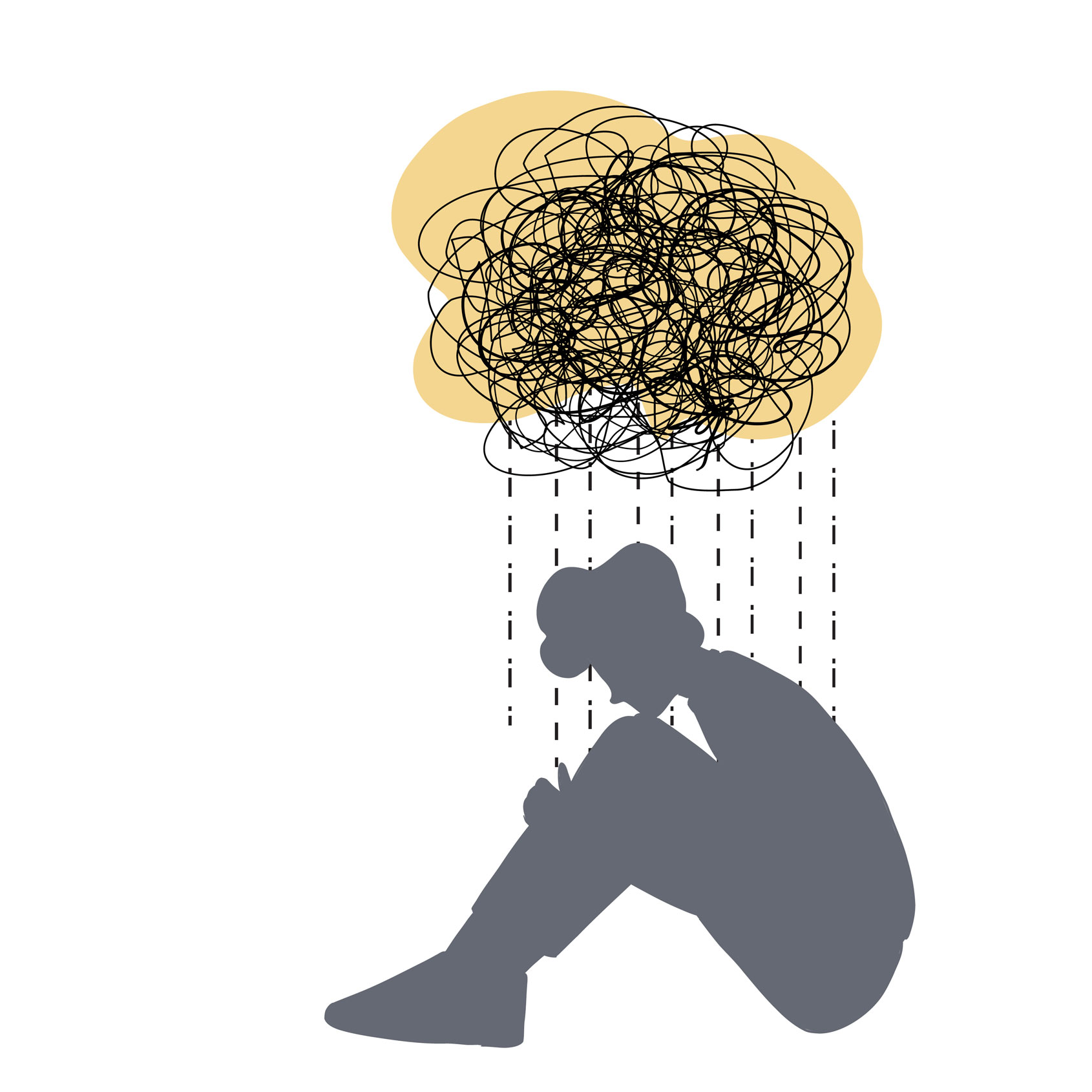
Trauma Healing and Patience

Trauma is the lasting emotional response related to experiencing a distressing event. Normally, you'll be afraid of going through the same terrible experience again. But trauma starts to be a problem when you don't only get upset by the situation itself, but also by anything that remotely reminds you of that experience.
Let's say you were physically harassed once, it's understandable that you would never want that to happen again, and you would get into your "fight or flight" mode if a similar situation was about to happen. But some people simply stop participating in any social activity or even have a hard time getting out of their houses, because of the fear produced by the trauma.
Neurologically, what happens is: your brain has learned that a given situation is dangerous, with that, every time you expose yourself to something that reminds you of that situation, you experience a negative emotion, and when you avoid that situation, the negative emotion is gone. That way you learn that "avoiding these situations is good because it makes me less upset". The more you repeat that process, the more "engrained" the trauma gets in your brain, and the more you "train" yourself to avoid such situations.
So, the line of thought to dealing with trauma is: rehabilitating yourself to deal with the situations that trigger the traumatic response.
That is the general rule, but here are some tips to help you in that process:
Communicate your experience: talking to people that care about you, or even writing in a journal for self-reflection are great ways of telling your story, and looking at it from a cohesive perspective. Besides that, talking about it with people can provide useful insights to find new ways of proceeding.
Progressive exposure: slowly but frequently exposing yourself to situations that trigger your traumatic response is a great way of rehabbing your brain. But you have to take this into consideration: your experiences need to be positive in some way. Let's say that your trauma makes you avoid social situations, expose yourself to those situations in ways that you find pleasing and fulfilling to some extent.
Be patient: this takes time. You're most likely not going to eliminate a traumatic response in a day or two. It might take months or years, but make sure to pay attention to the progress you make, that will keep you motivated. With that being said, go easy on yourself, and take your time.
Seek help: if you feel like you can't solve that problem by yourself, know that there are competent professionals that know the best ways of helping you in that process. Admitting you could use some help is the best first step to healing.
I hope this information helps you to deal with your trauma. Remember: it takes time, but we all can get better.

